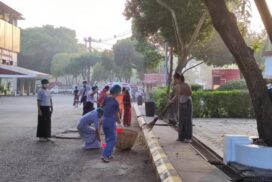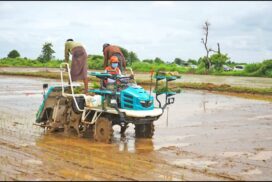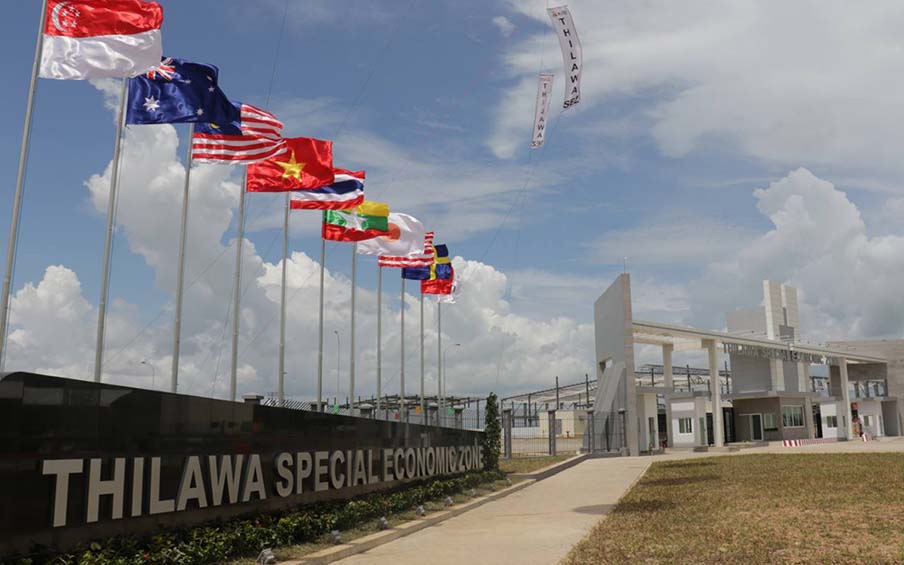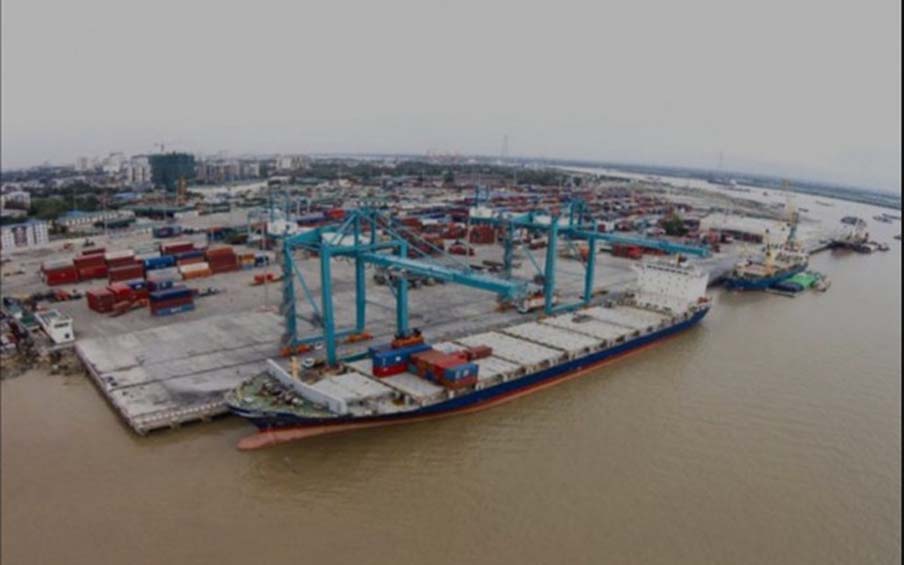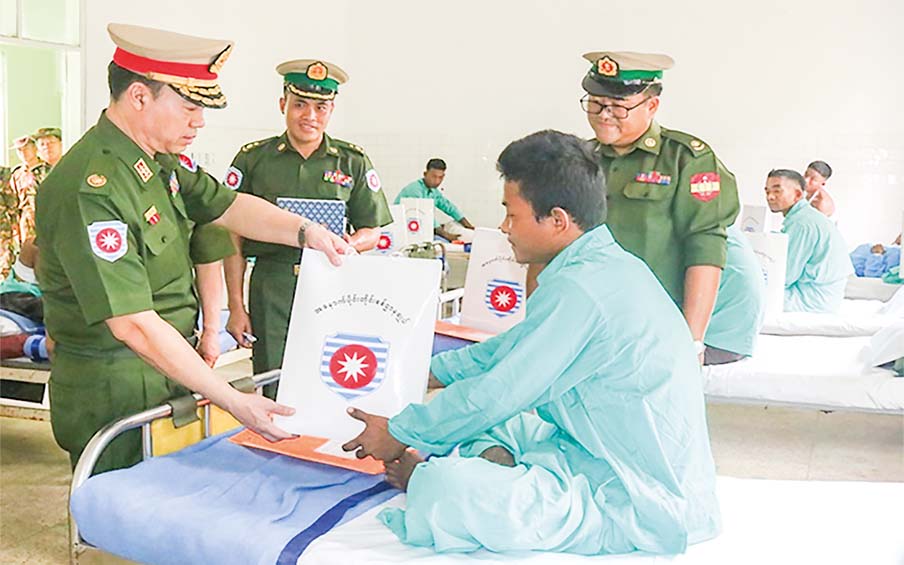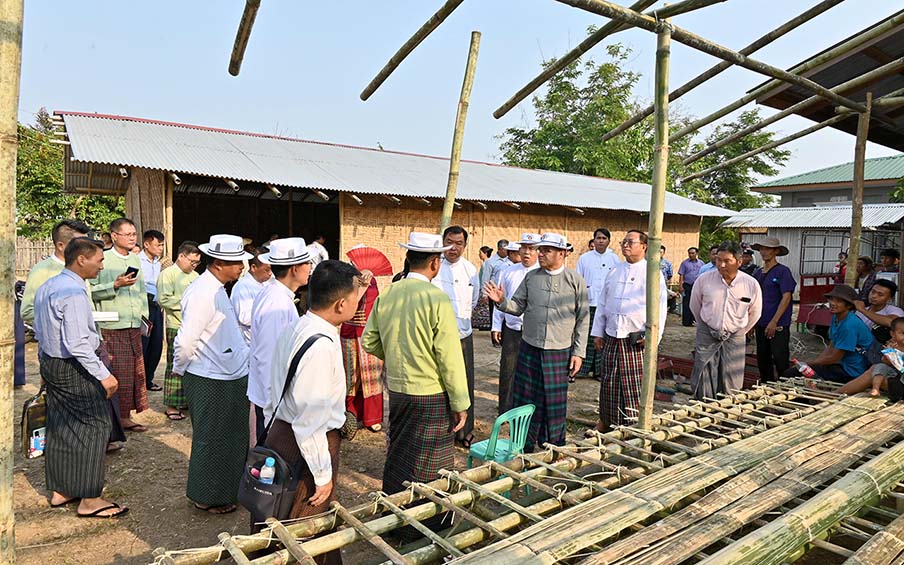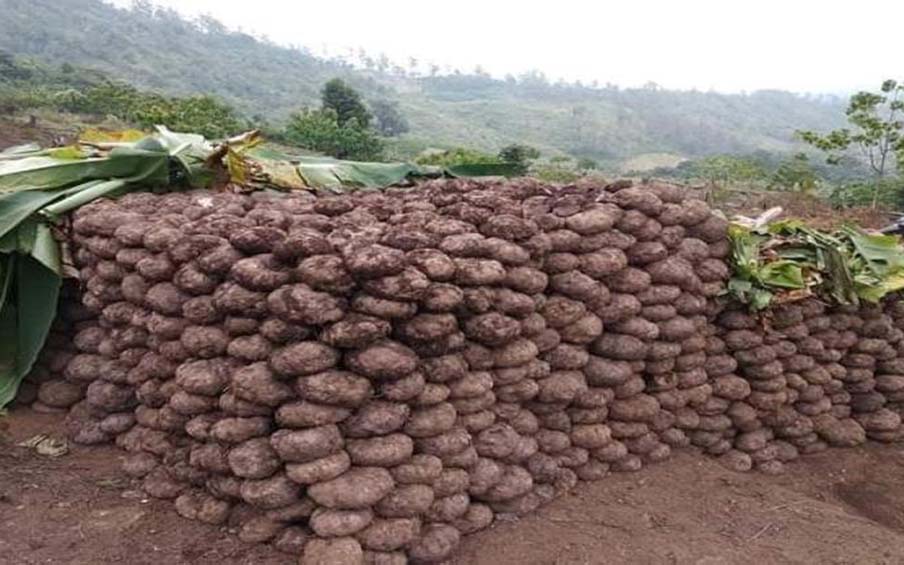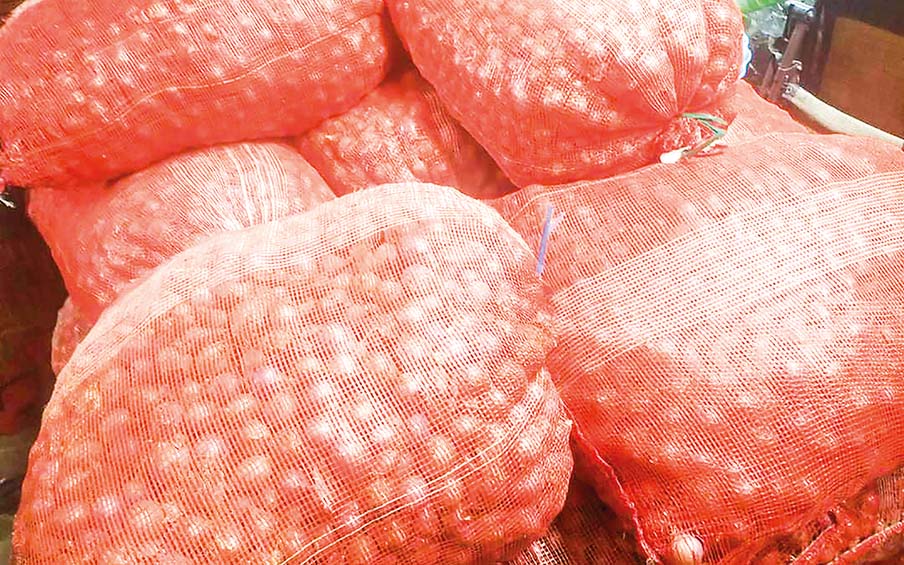Covid-19 and restrictions measures are among the biggest challenges that the modern world is facing.
Covid-19 has attacked the very core of our present society, and has thrown light on many problems including agriculture and food system we will face going forward.
To build future food systems that are fit for purpose, we need to take a systems approach, develop a multi-stakeholder identity, maintain joint accountability and redesign the incentives and transitional steps to get us there.
The Food Action Alliance (FAA) led by partners from public, private and civil society, farmer and consumer organizations and academia, works to expedite country and region-led partnership platforms in the Americas, Europe, Africa, India and South-East Asia.
The head of the United Nations World Food Programme has highlighted how Covid-19 puts over three dozen countries at risk of a famine of ‘biblical’ proportions. That is a famine that could affect hundreds of millions of people, post Covid-19. Global warming, insect attacks, global health pandemics, these are not few and far in between anymore, but a fact of life.
To overcome the impacts of the pandemic on agricultural sector and counter the investment headwind, there needs to be a major push to agricultural product market flexibility and to ensure that the farmer has a market to sell to.
For Myanmar farmers to reach their full potential in agriculture, they need more investment, crop diversification, access to information and research, along with complete mechanization of cultivation.
These challenges can be overcome by farmers as private companies, under the contract farming system, are obliged to support farmers in terms of technology and supervision, in cooperation with governmental departments.
Farmers, on their part, would be responsible for growing crops using Good Agricultural Practices and producing crops that meet the quality, quantity, and standards set by both sides under the contract.
Agricultural experts are obliged to conduct research and disseminate knowledge to farmers who are dealing with the consequences of using chemical inputs and the impact of climate change.
The other sectors we need to improve through research are highland cultivation, boosting production of rice through water management, and fighting diseases using methods that do not affect the natural environment.
We should not forget the fact that small farmers play a crucial role in ensuring food sufficiency and nutritional content, abolishing poverty, and promoting inclusive and sustainable agricultural development operations.
Agro products market flexibility key to overcoming COVID-19 impacts on agriculture
- February 06, 2021
- 1138

